When we think of weapons of war, most of us think of tanks and fighter jets and artillery. For those who experienced war in the Middle East over the last few decades, improvised explosive devices (IEDs) and chemical weapons may also come to mind. But weapons don't have to be devices that can cause immediate death and destruction. Some weapons are far more insidious. The latest video from Forgotten Weapons shows an example of a highly effective secret weapon created by imperial Japan during WWII to subvert and demoralize their enemies: opium cigarettes. These weaponized cigarettes were secretly laced with opium and distributed throughout China in an effort to cause widespread addiction, leading to a steady source of income for Japan and also reducing Chinese resistance to Japan's invasion.
Opium Cigarettes: Using Addiction as a Weapon
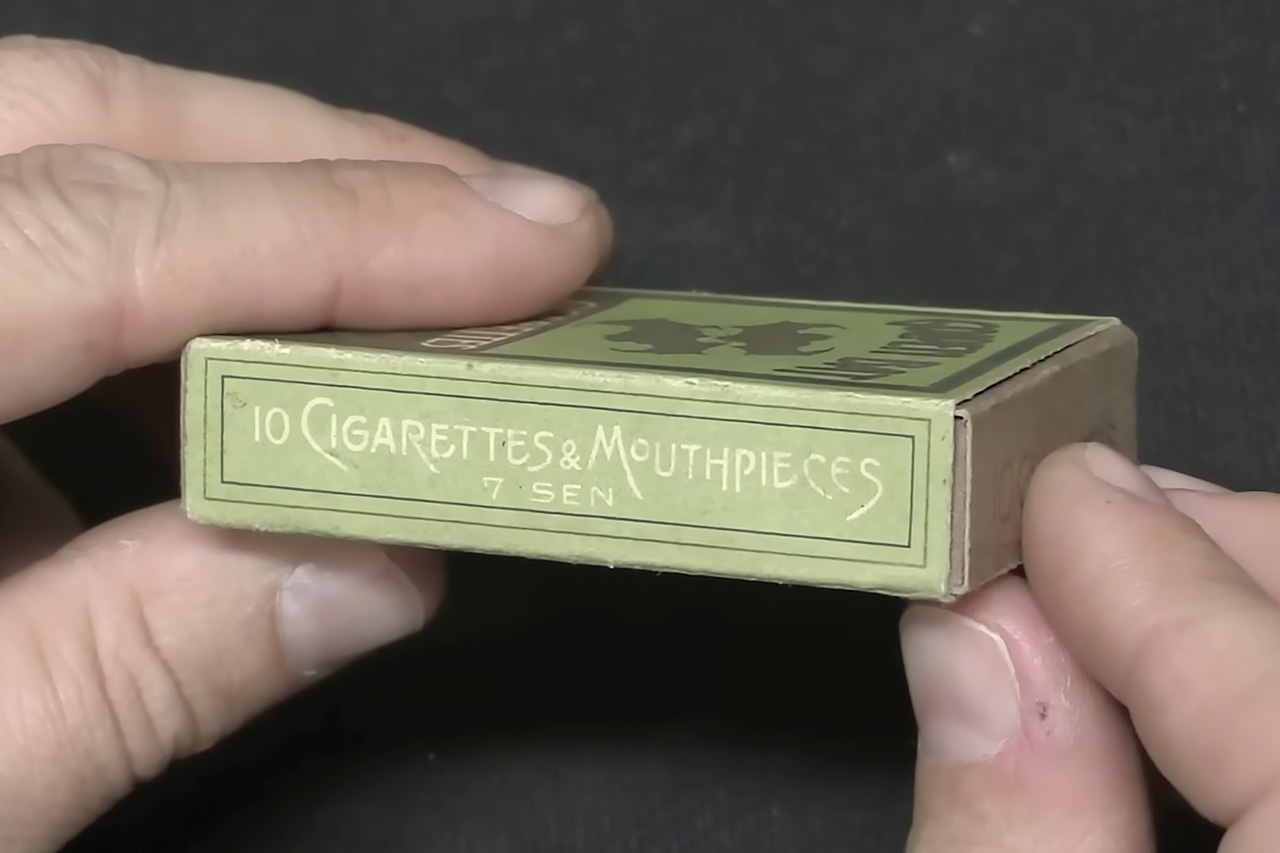
Ian McCollum of Forgotten Weapons discussed the history of these opium cigarettes with Patrick Phillips, the author of Tobacco of the Emperor. Phillips explains that the head of Japanese intelligence in Manchuria, General Kenji Doihara, spearheaded the opium-laced cigarette program by distributing them to warlords throughout China. Those warlords would then place the cigarettes in bars, brothels, and gambling houses, where unsuspecting Chinese citizens would purchase and smoke them.
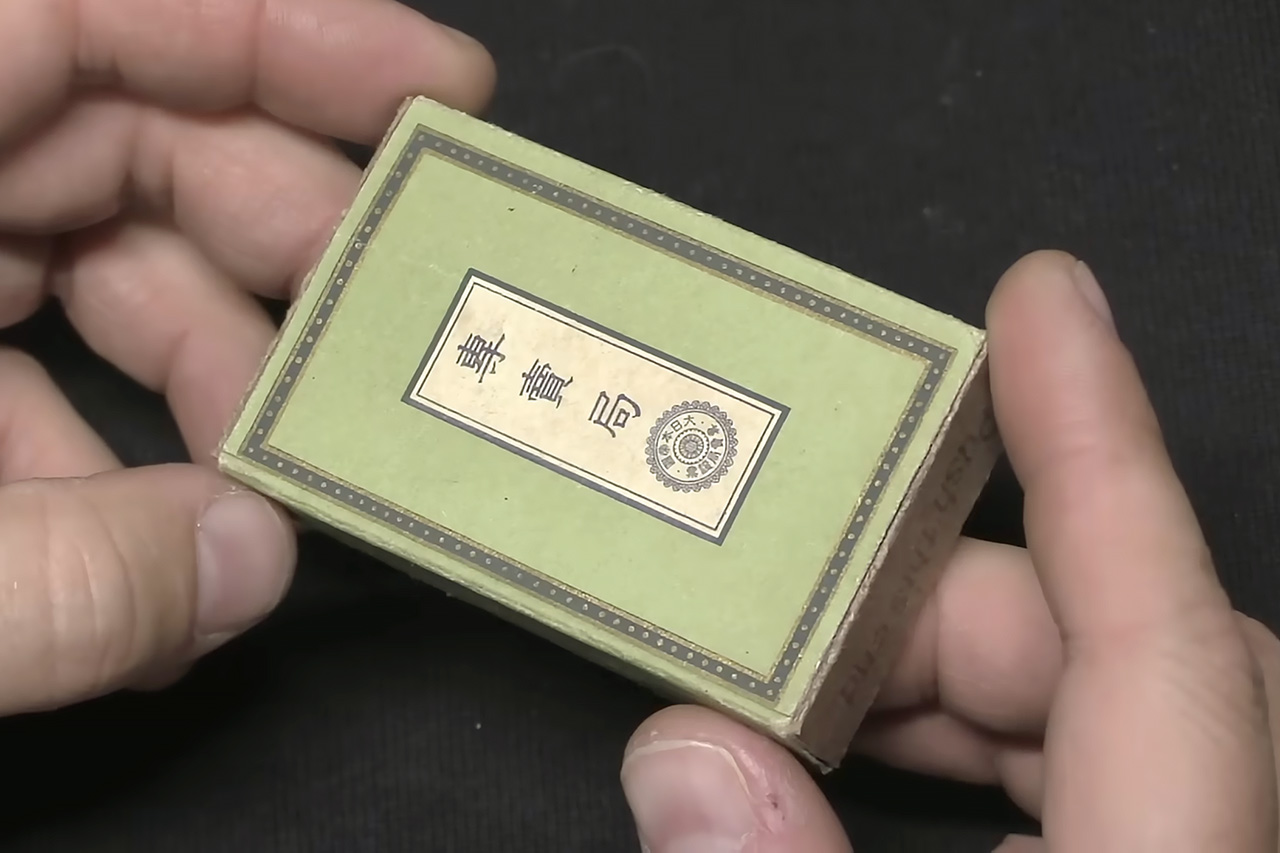
Since Golden Bat was already an inexpensive and well-known brand of cigarettes in China before this program, and there was no visible indication of the addition of trace amounts of opium, smokers would not suspect a thing. The narcotic created a pleasant relaxing effect that kept the smokers coming back for more, and soon they were addicted. It's very likely that this concept was inspired by the British involvement in opium smuggling into China in the 1700s and 1800s.
We assumed this might be a mostly unsuccessful experiment, much like Japan's use of high-altitude incendiary balloons against the continental United States. However, Phillips says that wasn't the case for the opium cigarettes. “It was wide-scale, and it worked. It worked really well for the Japanese, actually.” Authorities later testified that the program generated as much as $300 million per year for the Japanese government.
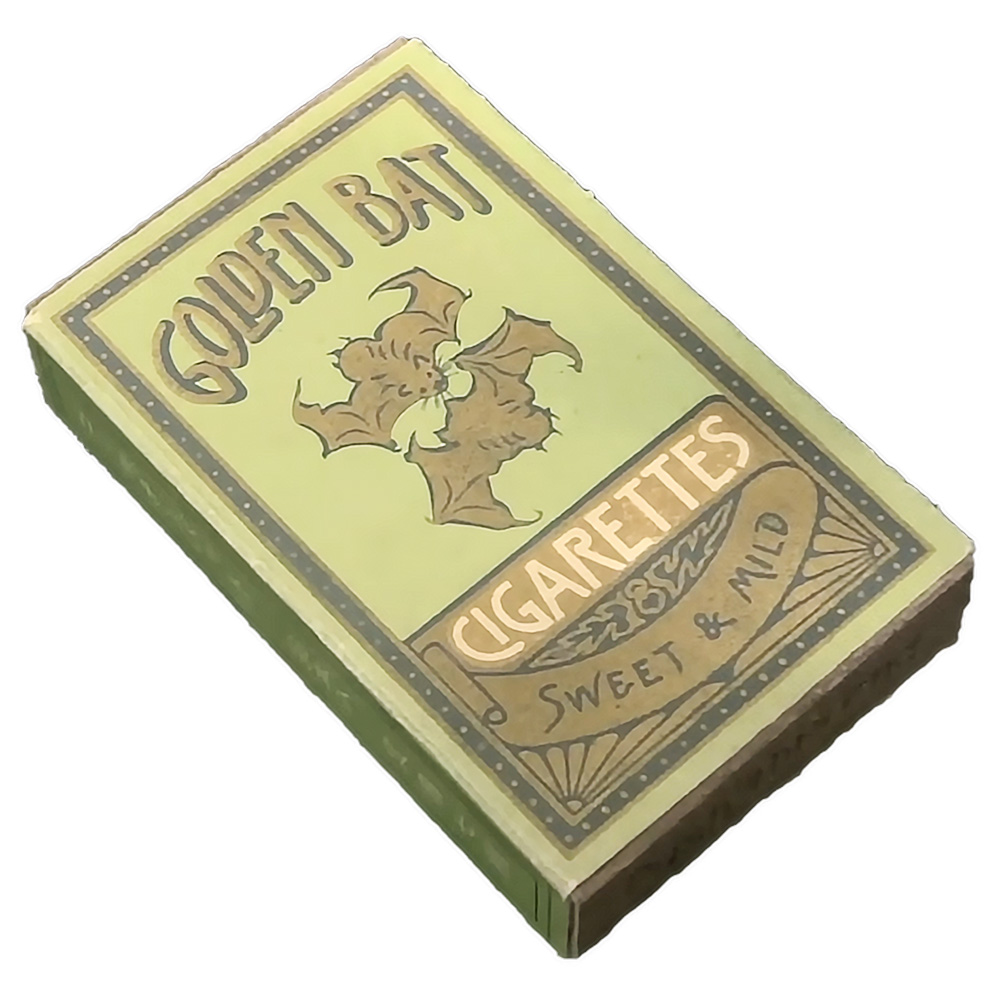
The leader of the weaponized cigarette program, General Doihara, was convicted of numerous war crimes and hanged after WWII. According to former SOE operative Ronald Sydney Seth, “[Doihara's] activity played a key role in shattering China's ability to confront Japan's expansion by generating chaotic conditions, which prevented any mass reaction in the invaded country.”
Check out the full video from Forgotten Weapons below for more details, or pick up a copy of Patrick Phillips' book here.
Modern-Day Implications
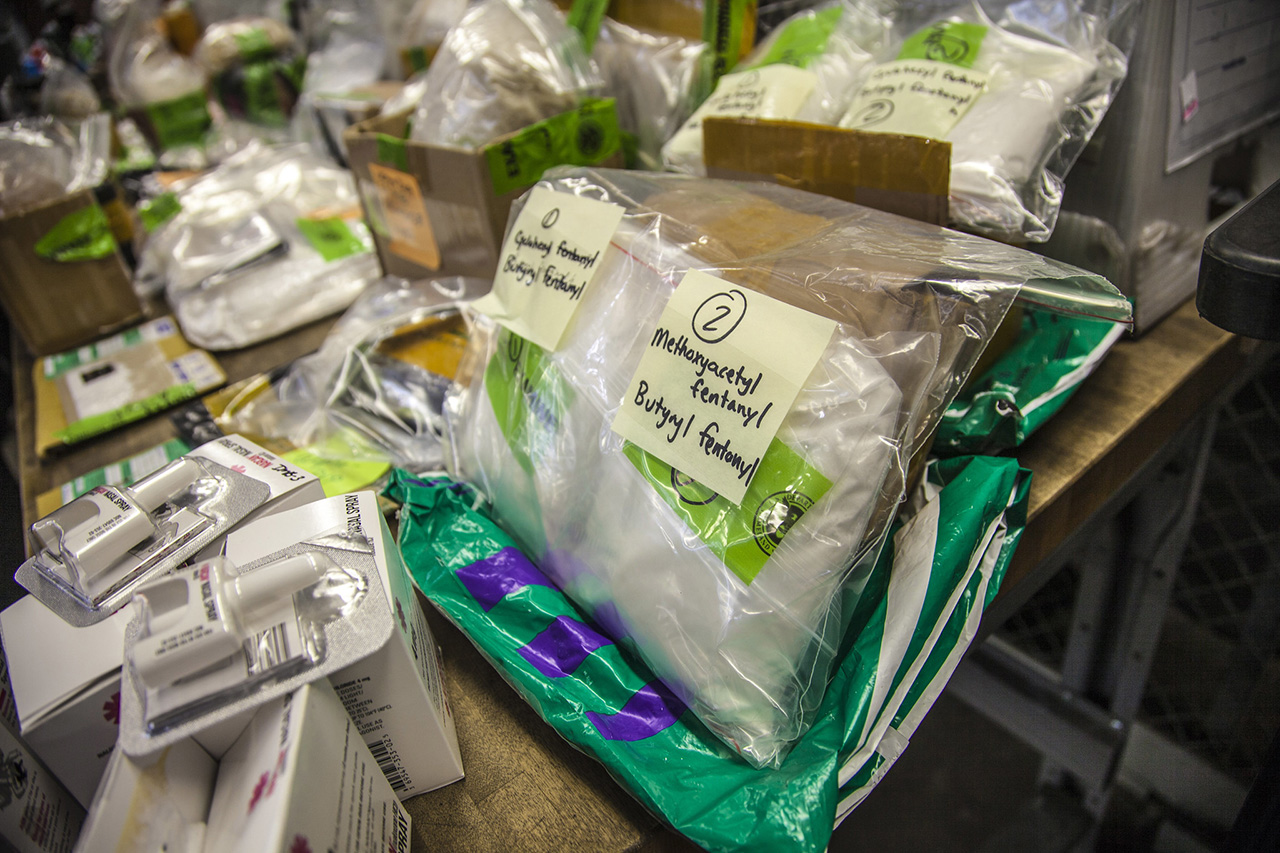
Above: A table full of fentanyl and other drugs seized by Border Patrol. (U.S. Customs and Border Protection photo by Kris Grogan)
History repeats itself, so we can't help but wonder about the existence of modern programs inspired by the success of this opium cigarette program, much like imperial Japan was inspired by 18th century British opium distribution.
Consider the fact that China is the primary exporter of fentanyl, an opioid drug which generates record-breaking overdose and addiction rates year after year in the United States. China has also expressed a strong interest in the use of unconventional and “Unrestricted Warfare” programs such as economic warfare, political warfare, and cultural subversion against technologically superior opponents (namely the United States). CCP military officials stated that these programs can “have the same and even greater destructive force than military warfare.” While it's certainly possible (even likely) that China's fentanyl exports are being used intentionally to demoralize and destabilize the CCP's enemies, there's no way to conclusively prove it.
For another example of narcotics exports being used as a source of military funding, we recommend reading about opium production in Afghanistan and its links to the Taliban.
Related Posts
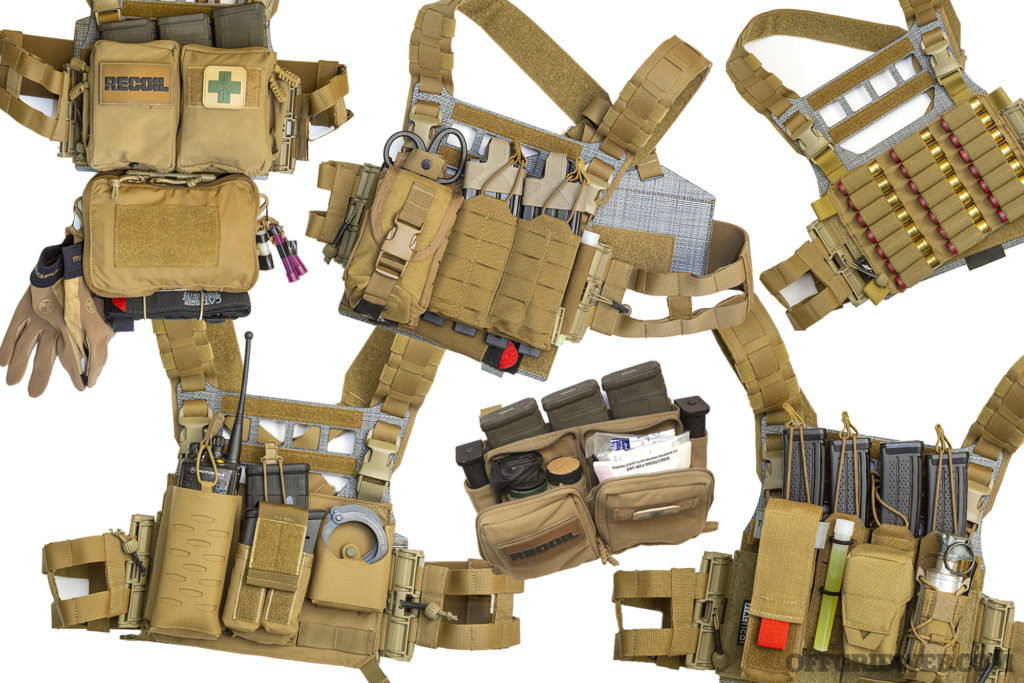
Plate Carrier Placards Overview: Part 2The idea of one plate carrier or chest rig with swappable placards is far more attractive than setting up multiple rigs for different uses.
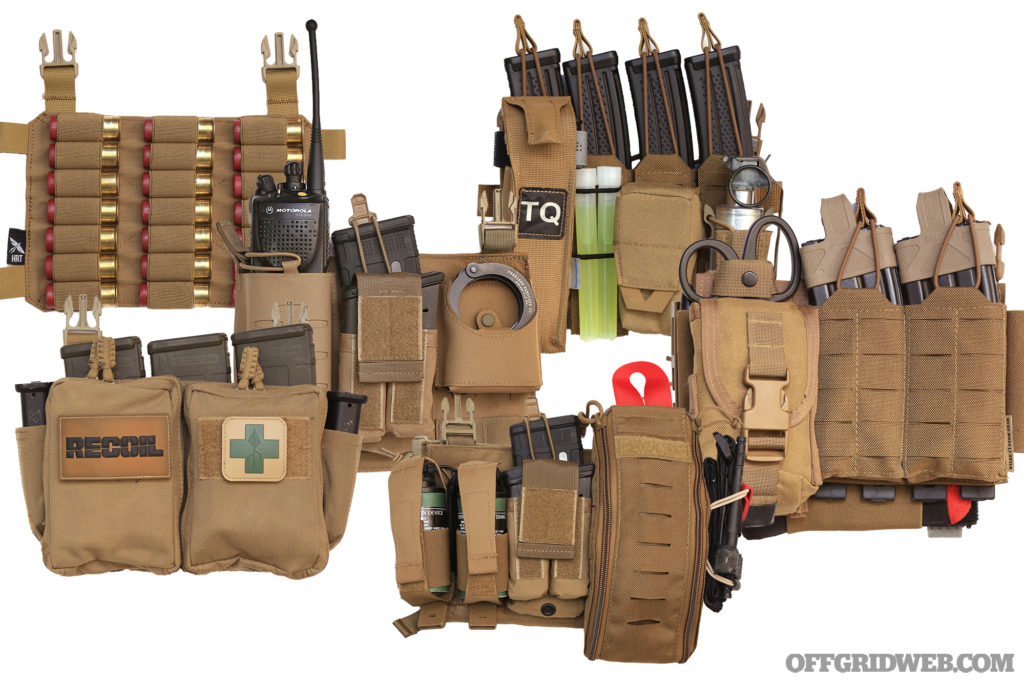
Plate Carrier Placards Overview: Part 1The market for plate carriers, chest rigs, and modular plate carrier placards has seen unprecedented growth in the last 10 years.
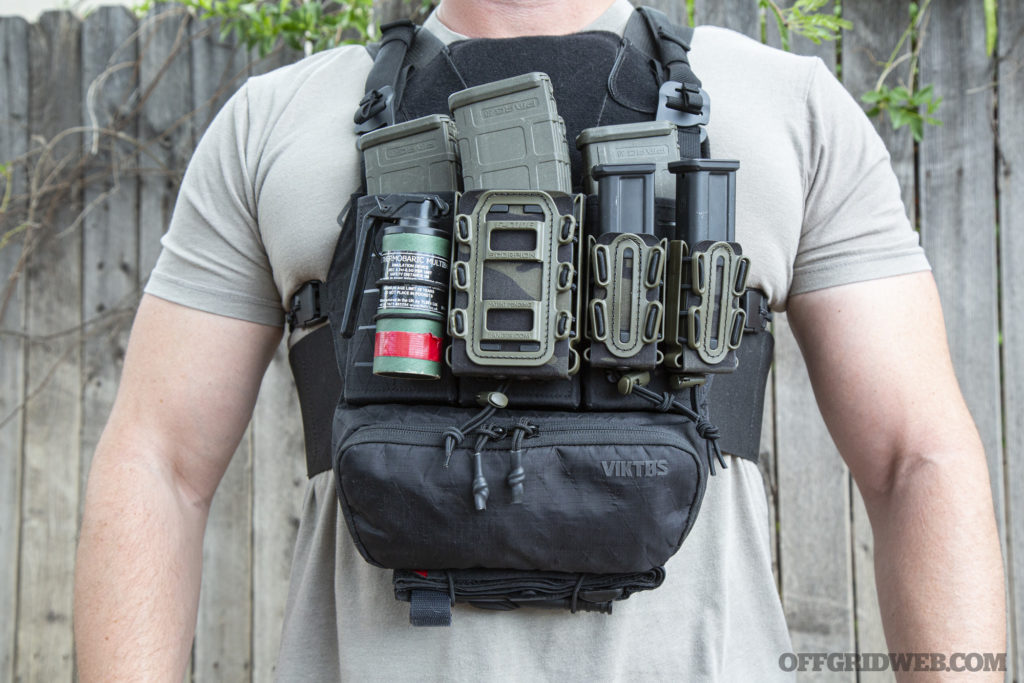
Review: Viktos Taculus Chest RigThe new Viktos Taculus offers a straightforward chest rig design that includes space for 3 mags and an IFAK at an extremely accessible price.

Lessons from a Soviet Union Collapse & Chernobyl SurvivorAfter living through the collapse of the Soviet Union and the fallout of Chernobyl, Greg Mihovich understands the value of preparedness.
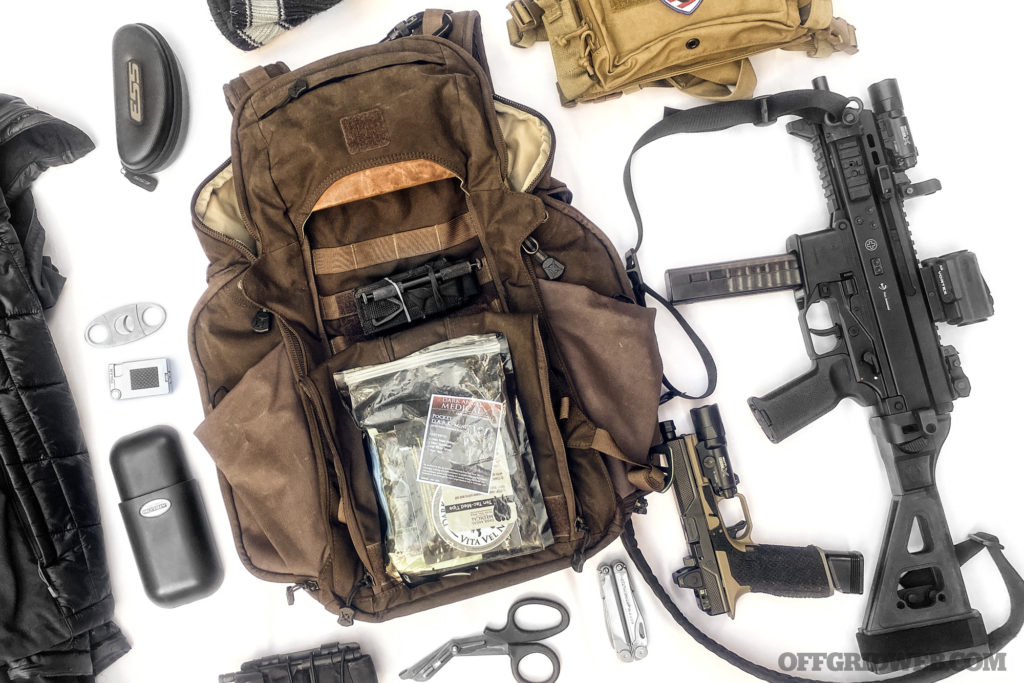
Bag Drop: Personal Security Detachment BackpackThe point of Personal Security Detachment (PSD) is to offer close protection of a high-value individual. You don’t want to look heavily-armed.

Toyota Gibraltar: The Secret Factory That Builds Trucks for the UNA little-known company called Toyota Gibraltar Stockholdings (TGS) ships 650 white Toyotas per month to disaster-affected regions.

Stimulants: The Pros and Cons of Tea, Coffee, Tobacco, and MoreSome performance-enhancing stimulants may find a place within your emergency preparedness plans, but others are dangerous or addictive.

Pocket Preps: Tourniquet Buyer's GuideTourniquets are not just for soldiers and gunshot wounds. Emergencies happen, and there’s something you can do about it.
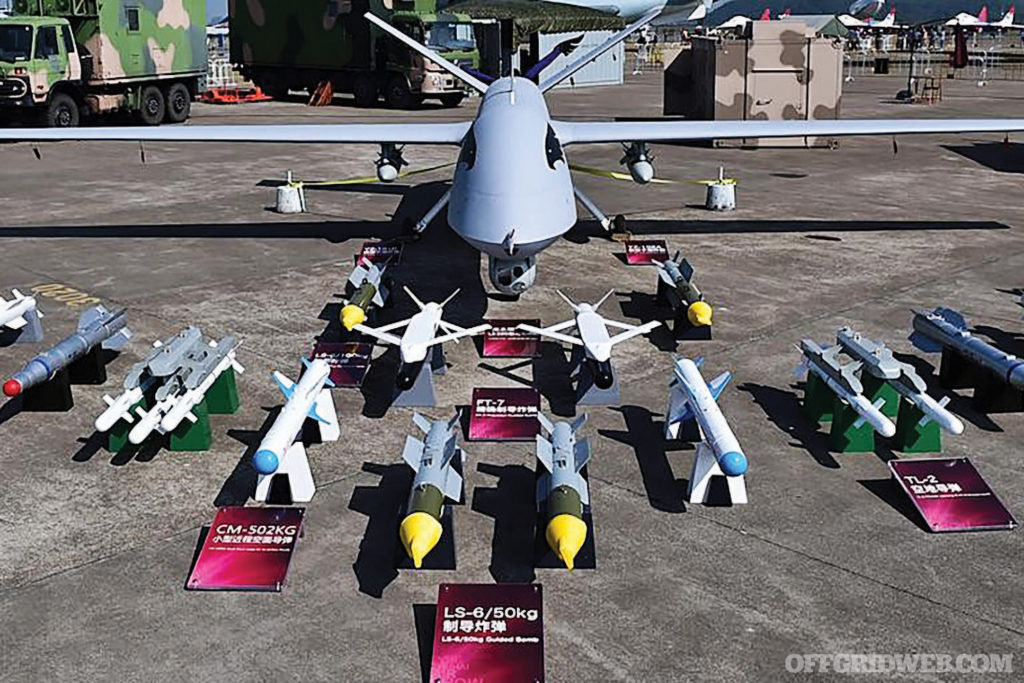
The Unfriendly Skies: Chinese Combat Drones in the Libyan Civil WarBANG — the money shot. Right in the living room. Sprayed by plaster and coughing up dust, the soldiers finally decide we should leave.
The post Forgotten Weapons: Japan’s Weaponized Opium Cigarettes appeared first on RECOIL OFFGRID.
By: Patrick McCarthy
Title: Forgotten Weapons: Japan’s Weaponized Opium Cigarettes
Sourced From: www.offgridweb.com/survival/forgotten-weapons-japans-weaponized-opium-cigarettes/
Published Date: Sat, 17 Dec 2022 20:08:53 +0000
-------------------------------------------------------------------------
Did you miss our previous article...
https://outdoorsnewswire.com/survivalist/so-does-charcoal-go-bad
 CampingSurvivalistHuntingFishingExploringHikingPrivacy PolicyTerms And Conditions
CampingSurvivalistHuntingFishingExploringHikingPrivacy PolicyTerms And Conditions
